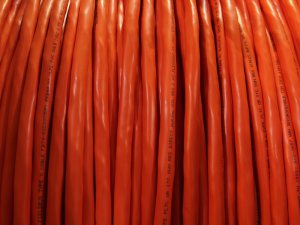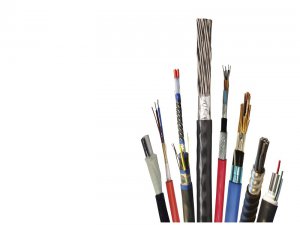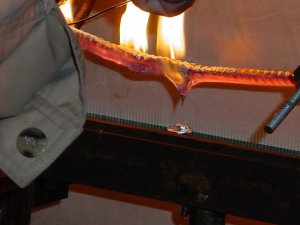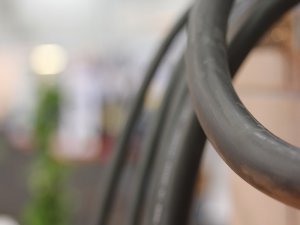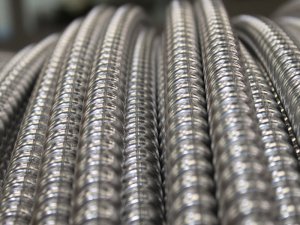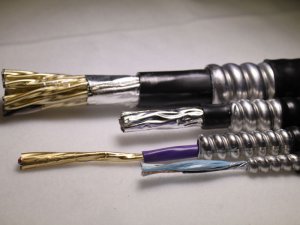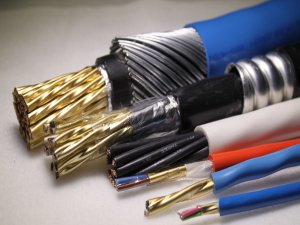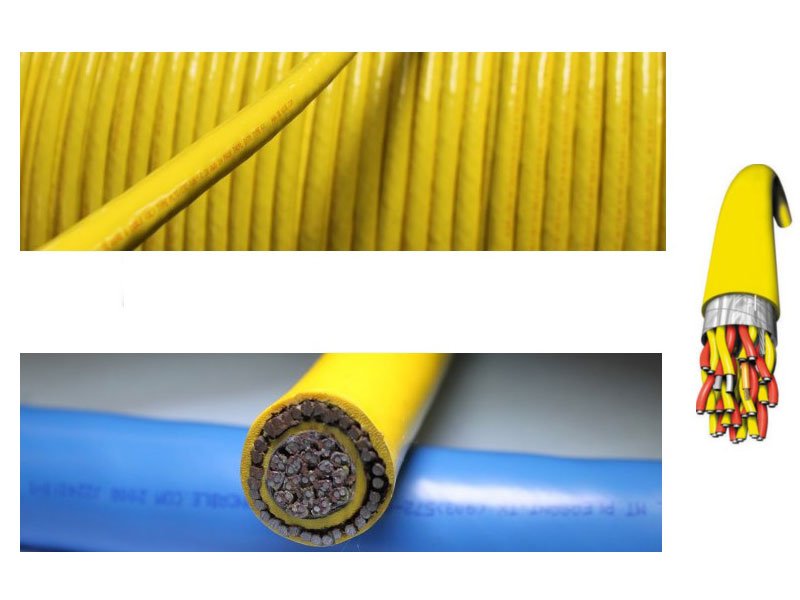
Thermo couple Extension Cable
Thermocouples are used to measure temperature in various applications. Pairs of conductors made of dissimilar alloys are joined together at an exposed end, which is exposed to a heat source.
Enquire NowThis generates a small change in the resistance of the material and a subsequent voltage change when a current is applied, typically measured in micro-Volts. These cables are used on circuits where shielding from external interference or other pairs is not required. Suitable for cable tray, conduit or direct burial application in dry or wet location
There are several different alloy combinations that are available, and there are numerous standards which dictate various identification methods for said combinations.
